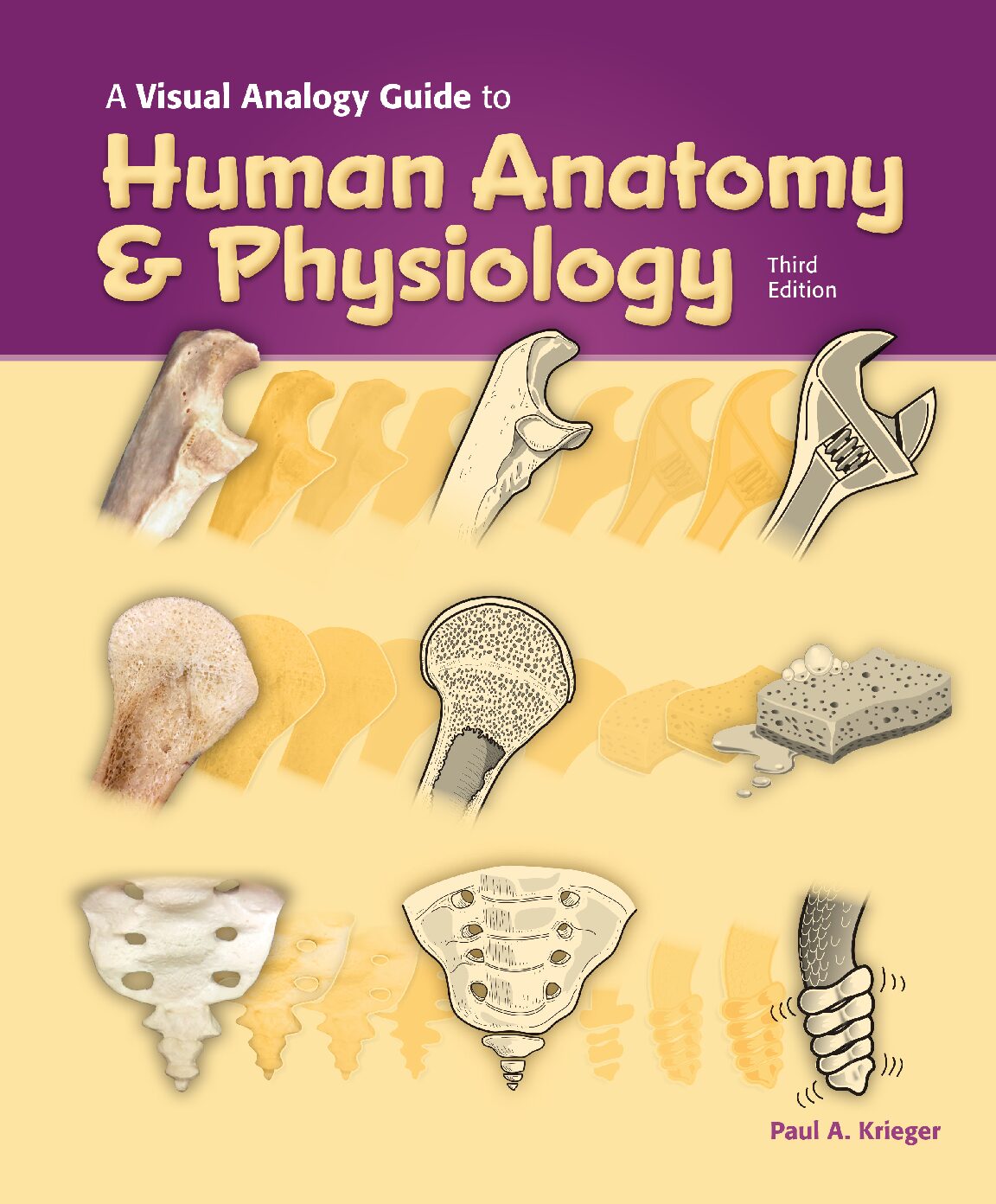Whether you are an author working with a larger publisher with a sizable marketing budget, or a smaller publisher with a tight marketing budget, you can–and should–play a role in promoting your book. Paul Krieger, author of a four-book Visual Analogy Guide supplement series with Morton Publishing, shares five ways authors can assist their publisher with book promotion:
8 Benefits of working with a small publisher on your stand-alone textbook supplements
Authoring a textbook supplement, rather than a traditional textbook, can be a rewarding and lucrative experience if you’re working with the right small publisher. Paul Krieger, author of a four-book Visual Analogy Guide supplement series with Morton Publishing, shares eight benefits from his experience authoring with a small publisher like Morton.
6 Benefits of authoring stand-alone textbook supplements
Authoring a textbook supplement can be an attractive alternative to authoring a traditional textbook, says Paul Krieger, author of a four-book Visual Analogy Guide supplement series with Morton Publishing. He shares six benefits to authoring stand-alone textbook supplements:
- Stand-alone supplements are optional, which leads to potentially more adoptions. Some instructors recommend them, others require them, and those recommendations lead to a lot of sales. He says he sees an additional 10 percent sell-through when his book is recommended rather than required.
- Costs are lower, which leads to more sales. His books sell for between $26 and $52 depending on the number of pages.
- The consumable nature of stand-alone supplements means no used book sales driving profits down. His supplements are three-hole drilled and shrink-wrapped.
How to use graphic design principles to evaluate the effectiveness of your book cover
All four books in textbook supplement author Paul Krieger’s Visual Analogy series showcase a visual analogy on the cover, a great advertisement for one of the key learning tools that make his books unique: visual analogies.
“My whole book idea was born in the lab from my teaching,” says Krieger, whose books include A Visual Guide to Human Anatomy, A Visual Analogy Guide to Physiology, A Visual Analogy Guide to Human Anatomy and Physiology, and A Visual Analogy Guide to Chemistry. “I used to sketch visual analogies out at my students’ lab tables, and it was students who encouraged me to write my first book 17 years ago. In the anatomy and physiology lab, students have to learn different anatomical structures. So, for example, when they need to learn the thoracic vertebra, I use a giraffe head to create a visual analogy that helps them learn and remember all of the parts of the thoracic vertebra, which is shaped like a giraffe head.”
Feeling empowered to take a seat at the publishing table
In this blog post, long-time colleagues Karen Sladyk (professor and bestselling author) and John Bond (Publishing Consultant) discuss taking the first steps as an academic toward taking a seat at the publishing table.
Despite years of academic and professional accomplishments, taking the step to become involved in publishing may seem daunting. Finding seat at the table may not feel comfortable at first. More experienced colleagues and veteran editors and publishing-types seem to be monopolizing space and speaking an unknown jargon. Fear not!
Pearson Education launches new mobile app, Pearson+
On July 30, Pearson Education announced the launch of a new college learning app, Pearson+, as a way for students to access the company’s 1,500 eBooks and study tools, such as flashcards, advanced note taking, and practice questions.
Pearson+, which will be available via desktop and mobile app, offers two monthly pay-as-you-go options:
Single Tier: $9.99 per month for one Pearson eText
Multi Tier: $14.99 per month for access to 1500+ Pearson eTexts
According to the company’s press release, “While 70% of Pearson’s higher education revenue already comes from digital products, Pearson+ will help recapture additional sales lost to the secondary textbook market and reset the economics of the company’s higher education business.”






